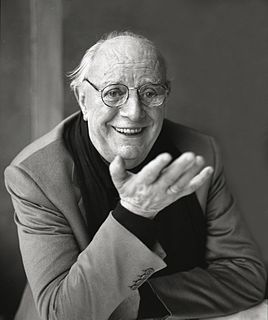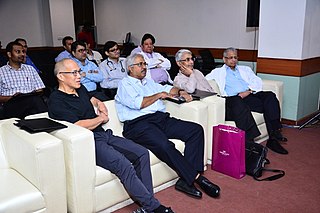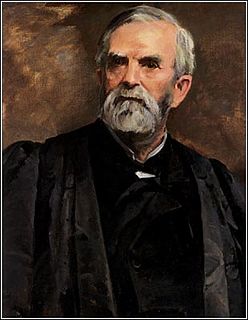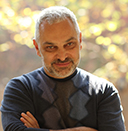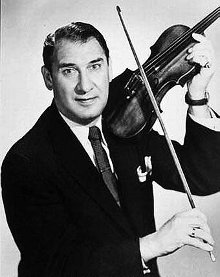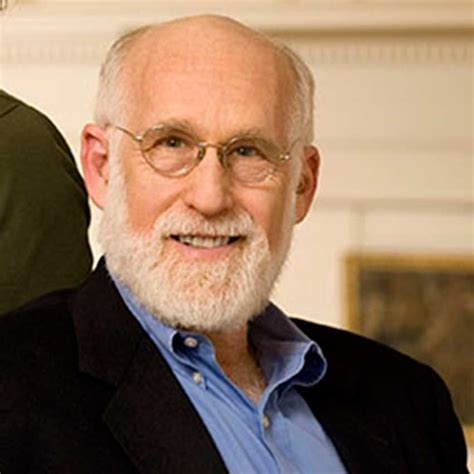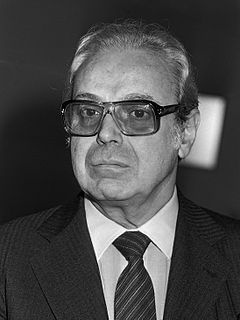A Quote by Dario Fo
Tidy fees are the most effective remedy, both for the doctor and the patient.
Related Quotes
Increasingly in recent times we have come first to identify the remedy that is most agreeable, most convenient, most in accord with major pecuniary or political interest, the one that reflects our available faculty for action; then we move from the remedy so available or desired back to a cause to which that remedy is relevant.
The freedom of patient speech is necessary if the doctor is to get clues about the medical enigma before him. If the patient is inhibited, or cut off prematurely, or constrained into one path of discussion, then the doctor may not be told something vital. Observers have noted that, on average, physicians interrupt patients within eighteen seconds of when they begin telling their story.
Macbeth: How does your patient, doctor? Doctor: Not so sick, my lord, as she is troubled with thick-coming fancies that keep her from rest. Macbeth: Cure her of that! Canst thou not minister to a mind diseased, pluck from the memory a rooted sorrow, raze out the written troubles of the brain, and with some sweet oblivious antidote cleanse the stuffed bosom of that perilous stuff which weighs upon her heart. Doctor: Therein the patient must minister to himself.
